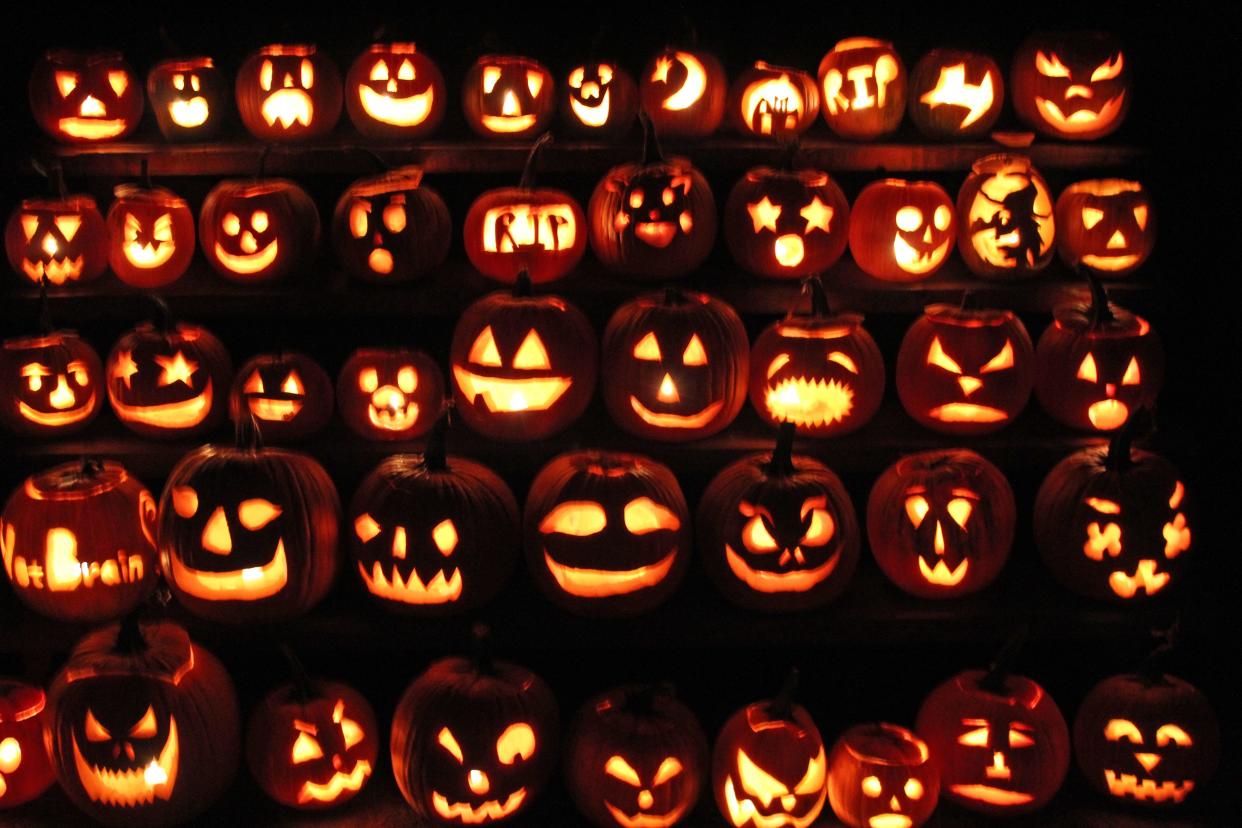Is 'spooky' season insensitive? What to know about the word's racist origins, etiquette

As temperatures cool down and scary Halloween decor goes up, it seems fitting to call October "spooky" season. However, hurtful connotations associated with the word raise questions of etiquette.
During the season of murder mysteries and haunted hayrides, is it insensitive to say that you were spooked?
According to NPR, spook comes from the Dutch word for apparition, or specter. The noun was first used in English around the turn of the nineteenth century.
From there, the word lived a harmless life, but in World War II, white American soldiers started referring to their Black counterparts as "spooks," Newsweek reports.
The Black Army pilots who trained at the Tuskegee Institute were referred to as the "Spookwaffe" — a play on the German air force's Luftwaffe.
Once the word "spook" was linked to race, it wasn't long before it became a recognizable slur.
Sociolinguist Renee Blake told NPR that the word "spook" isn't used too often in modern times, but there are a few recent examples tying it to racial implications.
The first is a book-then-movie "The Spook Who Sat by the Door," by Sam Greenlee, which depicts a man treated as a "token Black person" when hired by the CIA. The second is the 2000 book and 2003 movie "The Human Stain," by Phillip Roth. His novel tells the story of a professor at a New England college who is forced to resign after he calls two African-American students spooks.
The word spook hasn't just gotten fictional people in trouble. In 2010, Target apologized for selling a Halloween toy called "Spook Drop Parachuters" — literally miniature black figurines with orange parachutes. And in 2018, an elementary school in North Carolina came under fire when a student came home with "spook" and "gook" ― an offensive term to people of East and Southeast Asian descent ― on his list of vocabulary words to memorize.
While it's clear that "spook" has multiple, distinct meanings, Blake told NPR that it's still important to think about context.
"Be thoughtful about the fact that [spook] now might have the connotation of referring to a Black person in a disparaging way," Blake told NPR. "If someone says, 'Did you get spooked?' and there are no Black people there, then, OK, you mean 'Did you get scared or frightened?' That's fine, I get it."
This article originally appeared on Oklahoman: Is 'spooky' a slur? What to know about its racist origins, etiquette

